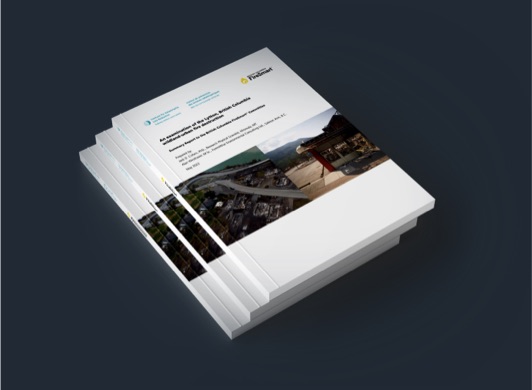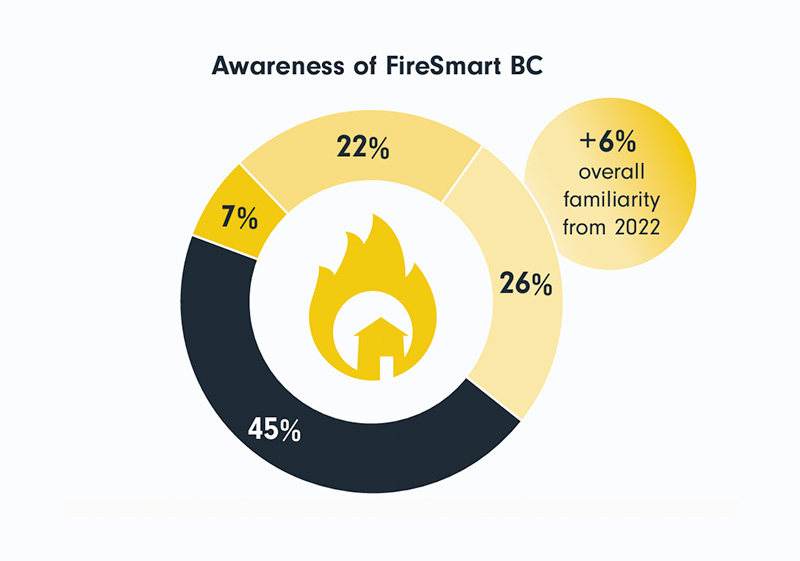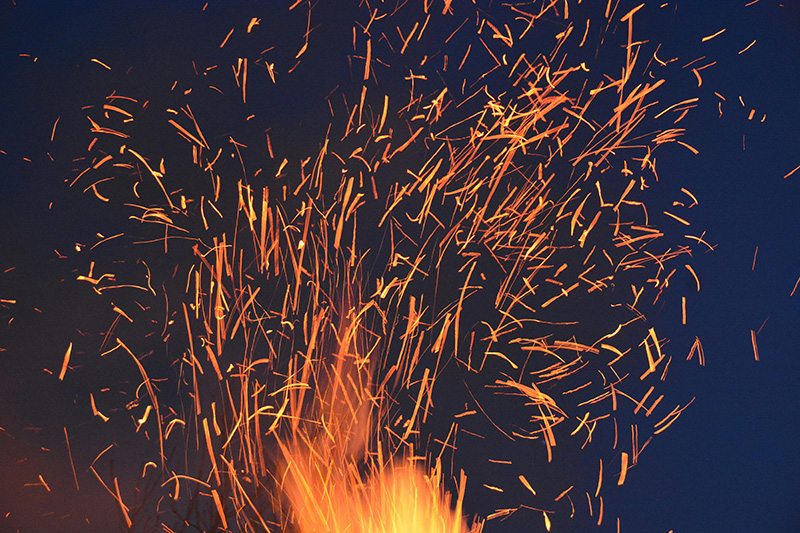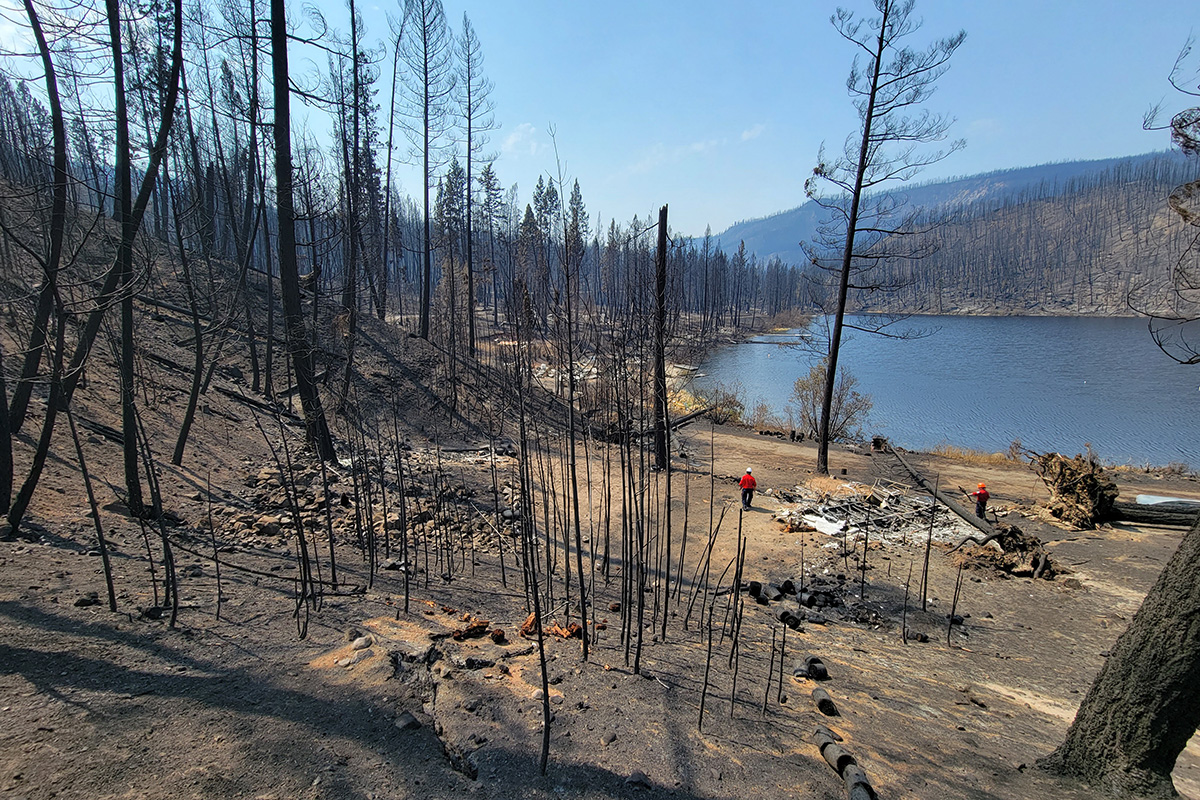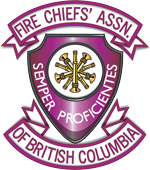
Post-Fire Case Study for The 2023 Grouse Complex, BC 2023
An examination of the 2023 Grouse Complex of wildfires in BC.
Read More
Post-Fire Case Study for The 2023 Grouse Complex, BC 2023
An examination of the 2023 Grouse Complex of wildfires in BC.
Read More
